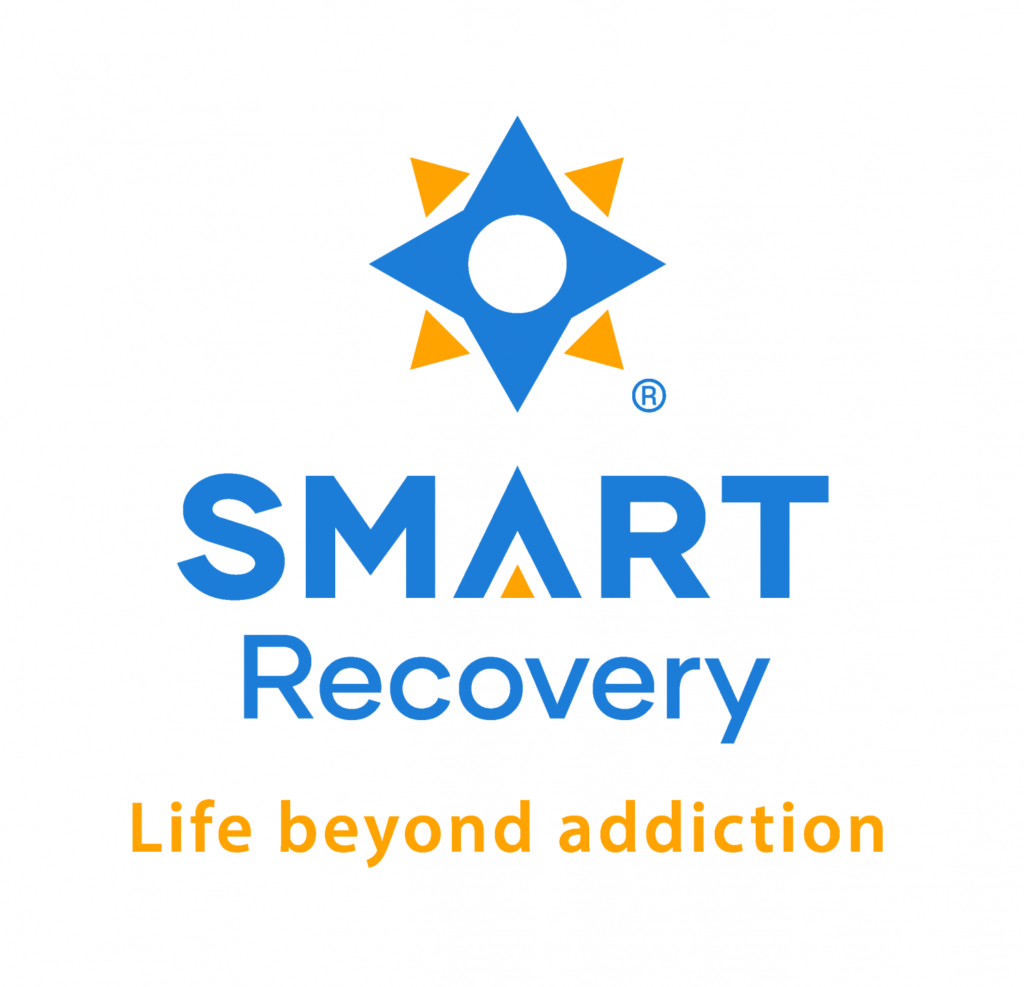“Self-Management And Recovery Training (SMART) is a global community of mutual-support groups. At meetings, participants help one another resolve problems with any addiction (to drugs or alcohol or to activities such as gambling or over-eating). Participants find and develop the power within themselves to change and lead fulfilling and balanced lives.”
The SMART Recovery website continues:
“SMART Recovery’s approach to behavioral change is built around our 4-Point Program®: (1) Building and maintaining the motivation to change. (2) Coping with urges to use. (3) Managing thoughts, feelings, and behaviors in an effective way without addictive behaviors. (4) Living a balanced, positive, and healthy life.”
Essentially, SMART Recovery focuses on four major points of change. Their website explains them. Here is how the website states them:
“
1. Motives and Goals
Motivation is a key element in nearly all you do. Consider that all human beings share several primary goals: survival, the avoidance of pain, happiness. Any addictive behaviors you engage in are to pursue these primary goals. We can help you see that you may be meeting these goals short-term but impairing your ability to meet them in the long-term.
2. Beliefs
What you believe about addiction is important, and there are many beliefs to choose from. You may believe, for example, that you’re powerless, or that after the first drink you lose all control and can’t stop. These beliefs may actually be damaging to you. Similar examples include, “I’ve tried and failed, so I can’t do it. I need alcohol to cope.” Or, “Because I’ve tried to quit and failed, I’m no good.” Those beliefs, and many like them, can’t be justified because the evidence just doesn’t support them. We will help you identify, examine, and modify your beliefs about yourself, your problems, and how to change.
3. Emotions
People often engage in addictive behavior to cope with emotional problems, including anger, guilt, anxiety, and low self-esteem. SMART Recovery teaches you how to diminish your emotional disturbances and increase self-acceptance. Then you can have greater motivation and the ability to change and to live more happily.
4. Behaviors
Changes in thinking and emotions alone are not enough. Commitment and follow-through are essential. We encourage participants to become involved in enjoyable activities that replace their problematic addictive behaviors.”
Source: (https://www.smartrecovery.org/)
There’s a good chance that your city or town has one–or several–SMART Recovery meetings that are held regularly. If you’re having trouble adjusting to AA, NA or other 12-step programs that might have a more spiritual/religious approach, it’s a good idea to at least stop into a SMART meeting to see what it’s all about and, of course, to meet other people on the same journey of recovery as you.

